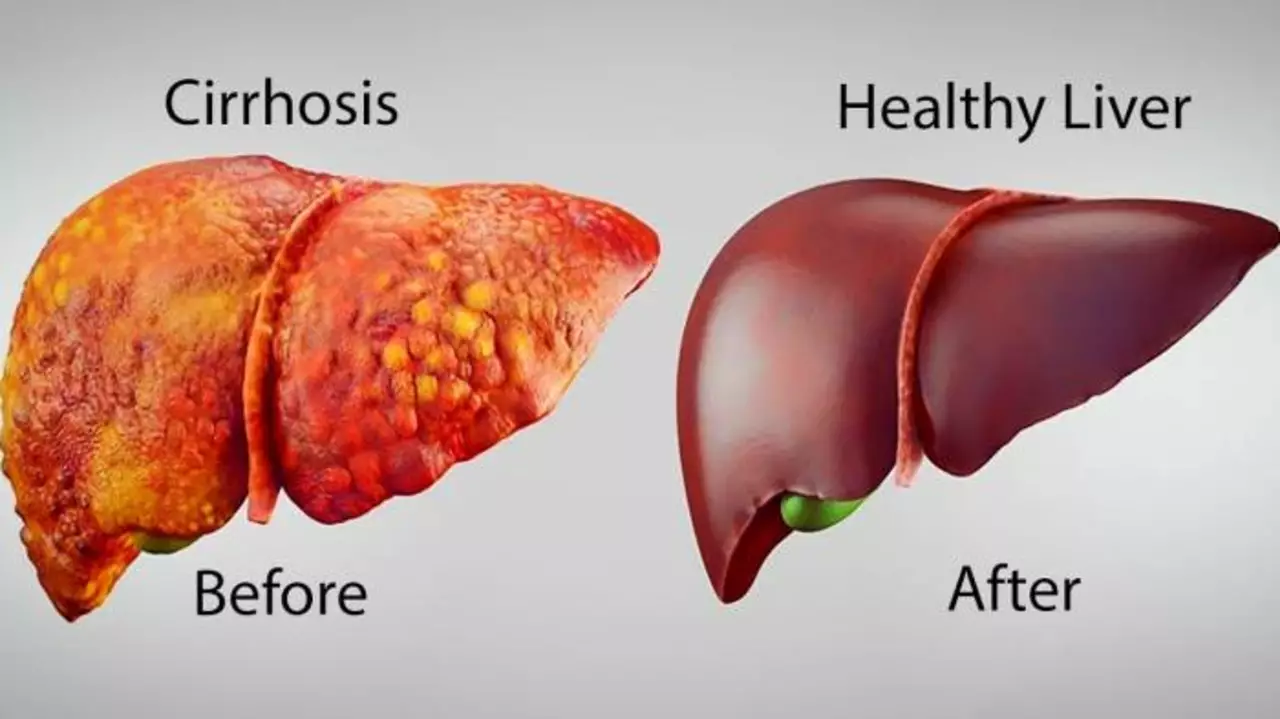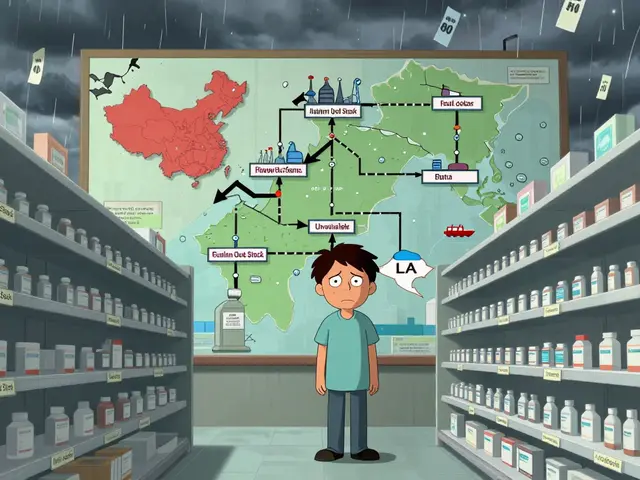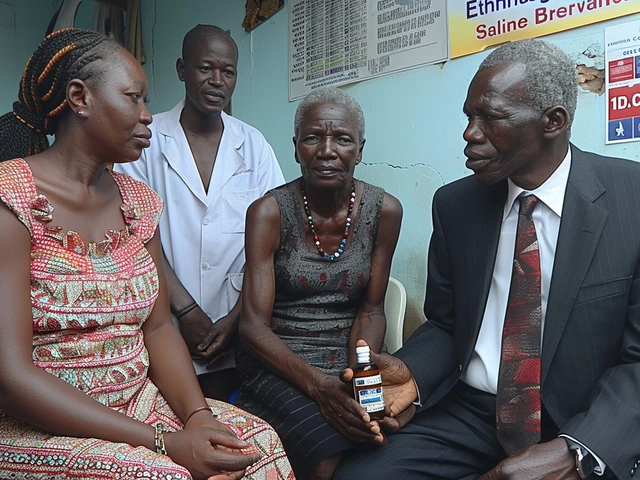Liver health: simple steps you can take today
Your liver works nonstop — filtering toxins, storing energy, and helping digest food. If it struggles, you might feel tired, bloated, or see yellowing of the skin or eyes. Good news: small daily choices add up fast. This page gives clear, practical steps to protect liver health and flags when you should get medical help.
Quick checks and tests
If you’re worried about liver health, ask your doctor for basic liver blood tests: ALT, AST, alkaline phosphatase, and bilirubin. Those numbers show how well the liver cells are working. An ultrasound can spot fatty liver or structural problems. Vaccination records matter too — Hepatitis A and B vaccines prevent infections that can damage the liver. If you take prescription meds or supplements, get a medication review; some common drugs and supplements can raise liver enzymes.
Everyday steps to protect your liver
1) Cut down on alcohol. Even moderate drinking can worsen fatty liver in some people. Aim for lower intake, and skip alcohol on several days each week.
2) Move more and lose excess weight. Losing 5–10% of body weight often lowers fat in the liver and improves lab tests. Try a mix of walking, strength moves, and consistency — short daily sessions beat rare long workouts.
3) Pick a liver-friendly plate. Focus on whole foods: vegetables, fruits, whole grains, lean proteins, and healthy fats like olive oil. Cut back on added sugar and refined carbs — they feed fatty liver.
4) Watch common meds. Tylenol (acetaminophen) in high doses can harm the liver. Follow dosing instructions, avoid mixing multiple acetaminophen products, and check with a pharmacist if you drink alcohol regularly.
5) Be careful with supplements. Herbs like milk thistle are popular, but supplements aren’t risk-free. Some can stress the liver or interact with meds. Always tell your doctor about any supplements you use.
6) Get screened for viral hepatitis if you have risk factors (past IV drug use, certain medical procedures, or travel to high-risk areas). Early treatment makes a huge difference.
What to watch for: yellowing of skin or eyes, dark urine, pale stools, swelling in the belly or legs, ongoing belly pain, easy bruising, or sudden fatigue. Those are signals to see a doctor right away.
Practical tip: keep a simple health log. Note alcohol, medicines, supplements, and any symptoms. That list helps your doctor find patterns faster.
If you want other resources, you can read about specific drugs, supplements, and infection risks on our site. Still unsure? Ask your healthcare provider for a clear plan — testing schedule, diet targets, and safe medication choices. Small, steady steps protect your liver more than big, short-lived fixes.

Primaquine and liver health: What you need to know
As a blogger, I feel it's essential to share vital information about Primaquine and liver health. Primaquine is an effective medication used to treat and prevent malaria, but it's crucial to be aware of its potential impact on liver health. Some individuals may experience liver damage due to a deficiency in G6PD, an enzyme that protects red blood cells. Therefore, it's important to get tested for G6PD deficiency before taking Primaquine to avoid any possible complications. Always remember to consult with your healthcare provider to ensure the best course of action for your specific situation.
Categories
- Medications (70)
- Health and Medicine (61)
- Health and Wellness (36)
- Online Pharmacy Guides (16)
- Nutrition and Supplements (9)
- Parenting and Family (3)
- Environment and Conservation (2)
- healthcare (2)
- prescription savings (1)



